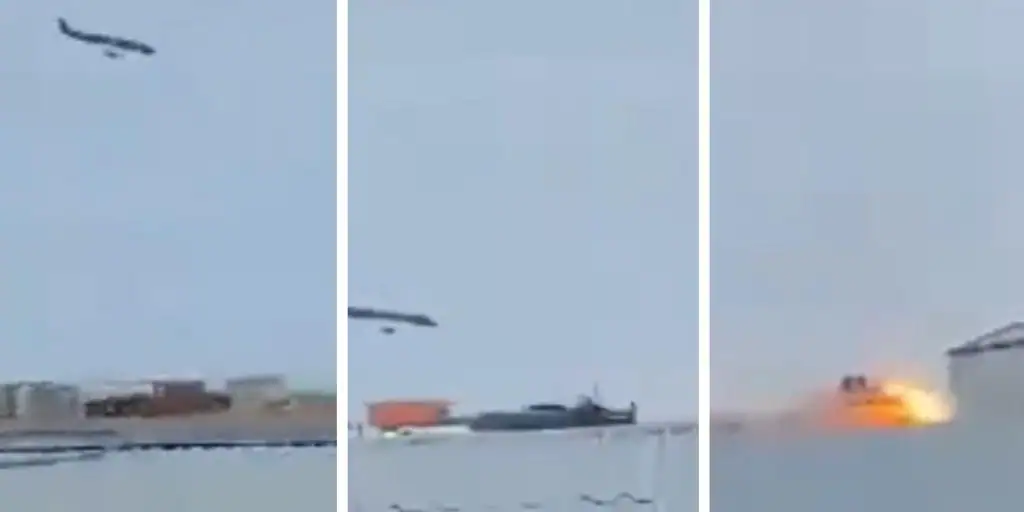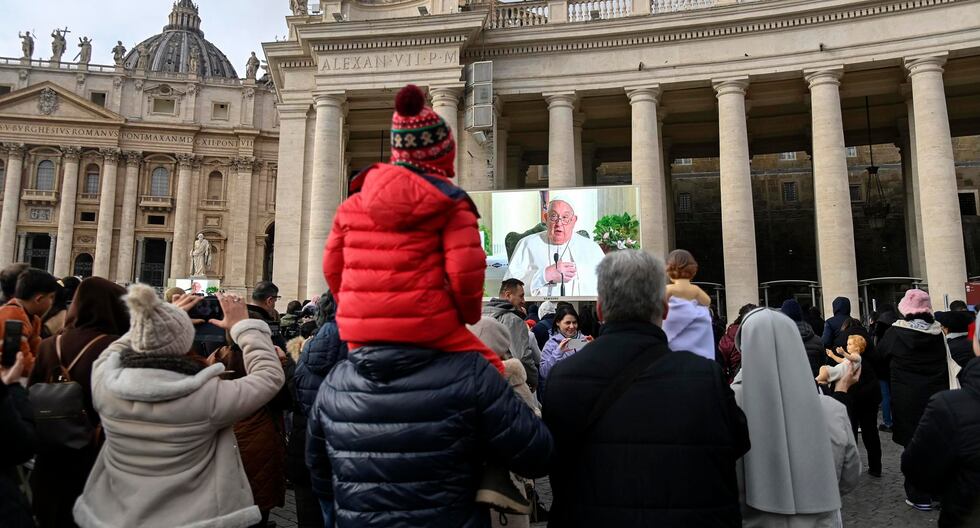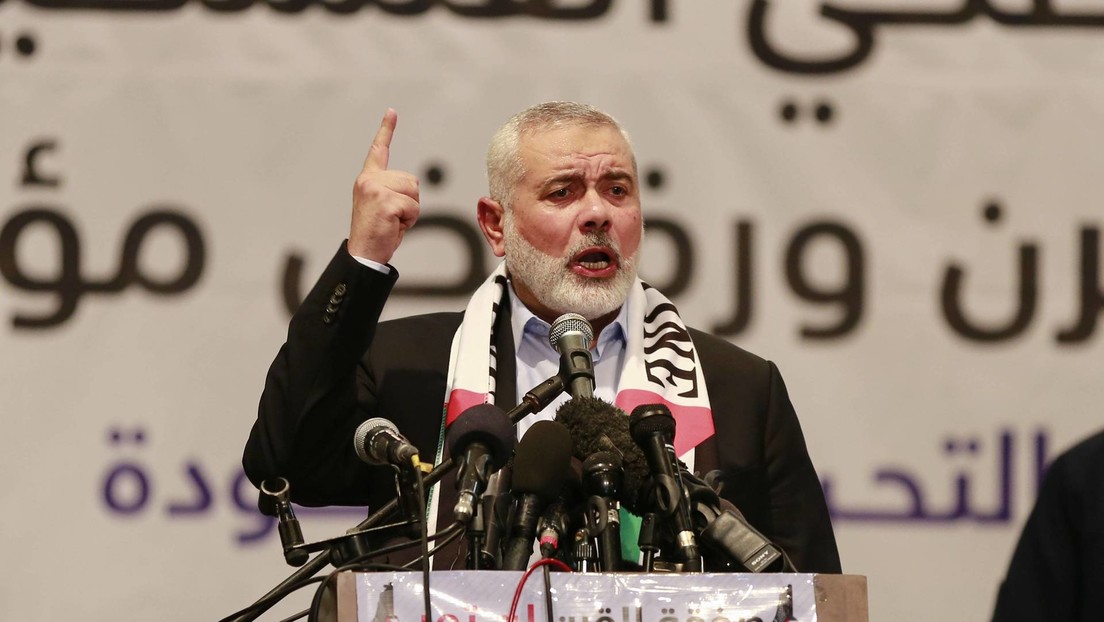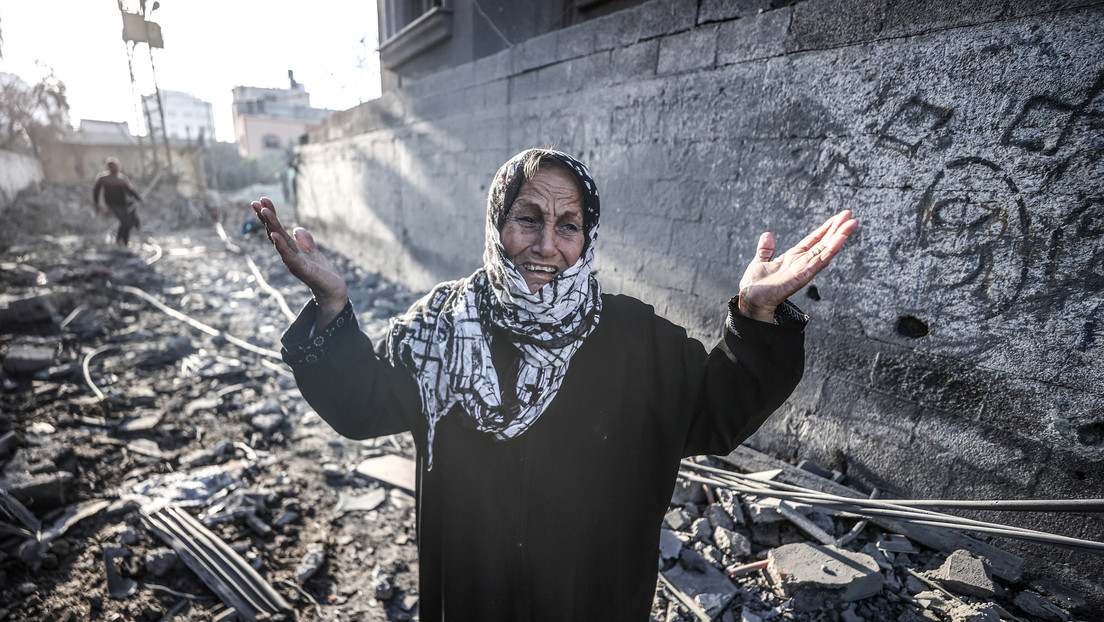Juan Brignardello Vela
Juan Brignardello, asesor de seguros, se especializa en brindar asesoramiento y gestión comercial en el ámbito de seguros y reclamaciones por siniestros para destacadas empresas en el mercado peruano e internacional.




In a moment of growing tension in the Israeli-Palestinian conflict, Pope Francis has reaffirmed his critical stance towards Israel's military actions in Gaza, triggering a flood of reactions in both religious and political arenas. In a heartfelt message during the Angelus prayer, the pontiff expressed his deep sadness over the deaths of children in the Gaza Strip, describing the situation as a display of “cruelty” that cannot be ignored. The reference to “children being shot” resonated strongly, underscoring global outrage at the suffering of children amid wartime hostilities. The recent bombings, which have resulted in a tragic toll of casualties, have led the Pope to question the morality of such actions. In his speech, which was delivered behind closed doors due to a cold, the religious leader did not hold back in condemning attacks on schools and hospitals. “How much cruelty!” he exclaimed, emphasizing the urgency of a ceasefire and the need to safeguard the lives of the innocent in armed conflicts. Pope Francis, whose leadership has been marked by a passionate defense of human rights and the dignity of all people, did not hide his disdain for violence. In an upcoming book, the pontiff asserts that what is happening in Gaza “has the characteristics of genocide,” a claim that is sure to provoke further debate about the situation in the region. His insistence on the suffering of Palestinian children and families presents a categorical denunciation of war, a recurring theme in his papacy. The immediate impact of his statements was palpable. Israel, in response, accused the Pope of applying a “double standard,” suggesting that his comments dismiss the acts of violence perpetrated by groups like Hamas. This accusation reflects the complexity of the conflict, where narratives intertwine and each side seeks to justify its actions. However, the Pope has stated that while the plurality of voices in conflict must be acknowledged, human suffering, especially that of the most vulnerable, cannot be overlooked. In this context, the Latin Patriarch of Jerusalem, Cardinal Pierbattista Pizzaballa, arrived in Gaza as an act of solidarity and support for the Vatican's position. While speaking at a Mass at the Sacred Family parish, Pizzaballa reiterated a message of hope and support: “The whole world is with you.” This gesture underscores the importance of religious leadership in times of crisis, where words and actions can offer comfort amid pain. The Pope’s call for a ceasefire during Christmas is a reminder that the holidays should be a time of peace and reconciliation. However, the reality on the ground is different. Hostilities continue, and the lives of thousands of Palestinians and Israelis are marked by uncertainty and fear. The intervention of the Pope, as well as that of other religious leaders, suggests a willingness to seek peace, but also highlights the resistance of political actors to prioritize dialogue over conflict. The controversy sparked by the Pope's statements also highlights the tension between religion and politics in the region. While many see the Pope as a defender of peace and justice, others accuse him of bias in a conflict that has persisted for decades. This duality reflects the complexity of the struggle in the Middle East, where beliefs and loyalties intertwine with issues of national identity and human rights. As Pope Francis continues his call for peace, his message resonates in a world longing for reconciliation. The pontiff's words have the potential to influence public opinion and foster a more understanding dialogue. However, true change will require a genuine commitment from the parties involved, as well as a collective effort to address the roots of the conflict. Ultimately, the Pope's voice is not only an echo of faith but an urgent call to humanity not to forget the suffering of the innocent. The international community watches closely, hoping that his message of compassion and justice inspires concrete actions toward peace in a region marked by pain and distrust.
Airplane Accident In Kazakhstan Leaves 67 Passengers On Board And Multiple Injured.

Aerial Tragedy In Kazakhstan: A Plane Crashes Leaving 38 Dead And 29 Injured.
Ukraine Accuses Russia Of Downing Azerbaijan Airlines Plane In Kazakhstan.






